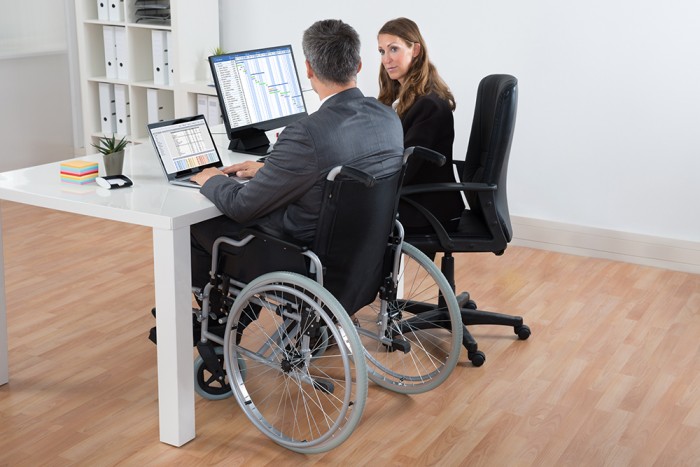
FOR IMMEDIATE RELEASE
October 15, 2019
View Online
Pennsylvania Awarded Grant to Support Access to the National Suicide Prevention Lifeline
Harrisburg, PA – Governor Tom Wolf announced today that Pennsylvania has been awarded a $1.3 million grant to increase access to the National Suicide Prevention Lifeline by expanding state-based call centers.
The grant was issued by Vibrant Emotional Health, the nonprofit administrator of the National Suicide Prevention Lifeline. The Lifeline is funded by the Substance Abuse and Mental Health Services Administration (SAMHSA), and provides confidential, free, 24/7 support to people in crisis, considering suicide, or helping another person.
“We have an obligation to provide resources and promote safe, supportive environments so people we serve know that there are places to turn if they are in crisis,” said Gov. Wolf. “Silence can perpetuate crisis and make people feel like they are struggling alone with no outlet or options for support, but things can and will get better, and help is always available. Expanding access to the National Suicide Prevention Lifeline is one more way to let more people know help is available in Pennsylvania.”
The Department of Human Services will partner with three Lifeline network centers to form three regional call centers to ensure at least 70 percent of calls are answered in Pennsylvania, with the goal of increasing that percent to 90 within two years. Partners include Center for Community Resources, Family Services Association of Bucks County, and New Perspectives Crisis Services. In 2018, partners supported nearly 3,000 calls. As of June 2019, they have received nearly 2,500 calls.
“No one should ever feel like they are alone – especially in times of crisis,” said Secretary Miller. “The Wolf Administration is committed to dispelling stigma around suicide and mental health and ensuring supports are available to promote a safe, supportive environment so people know there are resources, like the Lifeline, to turn to in emergencies. Expanding our in-state call centers is another opportunity to better serve our fellow Pennsylvanians and prevent suicide across our commonwealth.”
Pennsylvania is committed to reversing the rising national trend of suicide and supporting Pennsylvanians affected by suicide. In May 2019, Governor Wolf established a statewide Suicide Prevention Task Force. The task force brings together leaders from the departments of Human Services, Health, Corrections, Aging, Education, Military and Veterans Affairs, and Transportation as well as the Pennsylvania Commission on Crime and Delinquency, the Pennsylvania State Police, elected officials, and mental health and suicide prevention organizations to create a comprehensive suicide prevention plan for Pennsylvania.
The task force is holding public listening sessions through November to learn about how suicide impacts the lives of Pennsylvanians and to develop prevention efforts that reflect the diverse needs of individuals and families across Pennsylvania.
For more information on Pennsylvania’s Suicide Prevention Task Force and upcoming listening sessions, visit www.dhs.pa.gov/citizens/suicideprevention.
If you or someone you know is experiencing a mental health crisis or is considering suicide, help is available. Reach out to the National Suicide Prevention Lifeline at 1-800-273-TALK (8255) or contact Crisis Text Line by texting PA to 741-741.
MEDIA CONTACT: J.J. Abbott, 717-783-1116
# # #



















